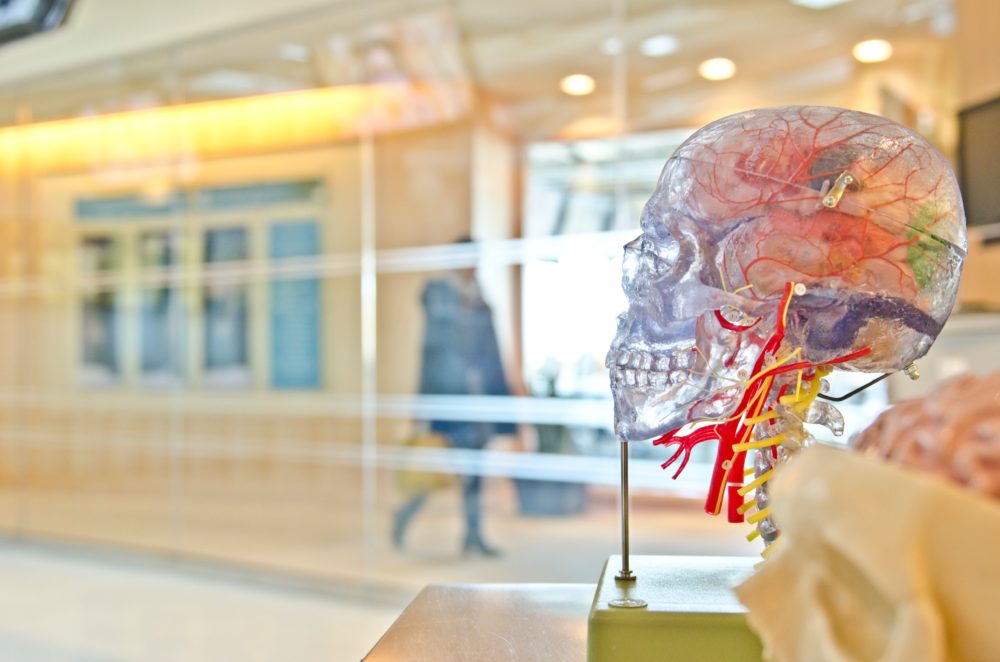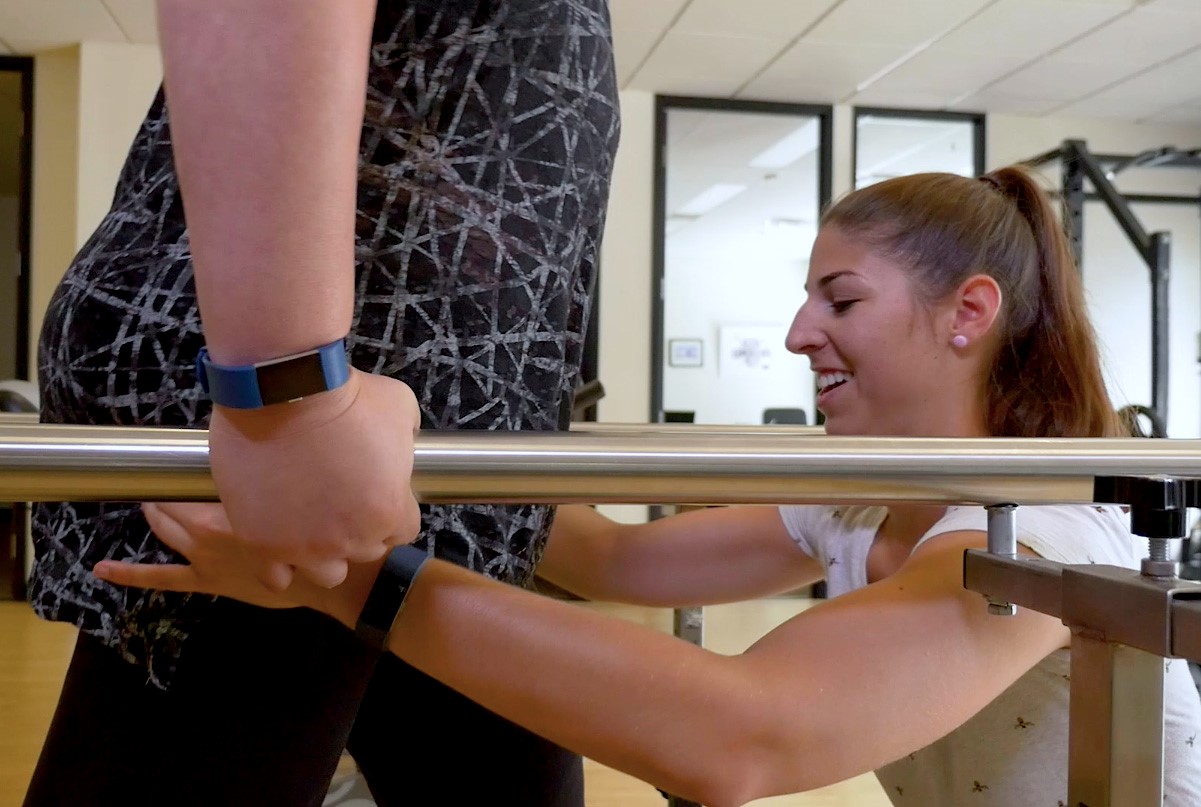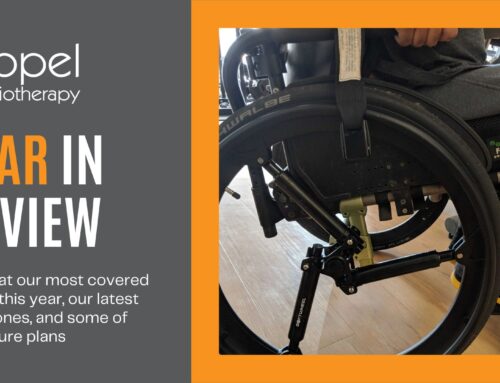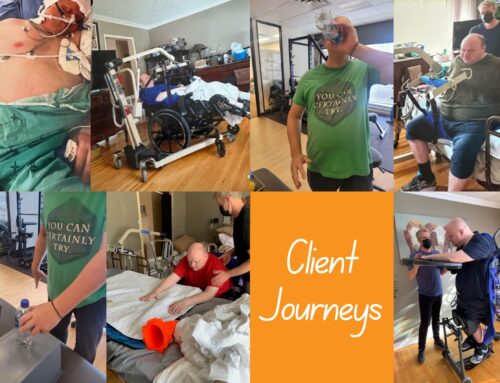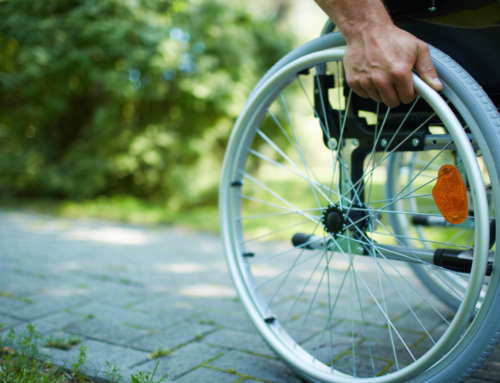While the height of the pandemic is behind us, many of the long-term effects have continued to persist in our day to day lives. For many individuals, years of isolation, uncertainty, and anxiety have led to a state of apathy.
Understanding and addressing post-COVID apathy is crucial for promoting mental health and rebuilding a thriving society. In this blog, we will discuss the symptoms of apathy, why it occurs, the importance of community engagement and ways to overcome post-Covid apathy.
Table of Contents
- What is post-Covid apathy?
- Symptoms of apathy
- Why apathy occurs
- The importance of community engagement
- Talk to your healthcare provider about post-Covid apathy
What is Post-Covid Apathy?
Post-COVID apathy refers to a potential phenomenon where individuals or communities may experience a sense of disinterest, lethargy, or emotional exhaustion after dealing with the challenges and disruptions caused by the COVID-19 pandemic. This apathy can manifest in various aspects of life, including personal well-being, work, social interactions, and civic engagement.
Symptoms of Apathy
These symptoms can include:
- Diminished focus on productivity
- Lack of intensity
- Not interested in learning or experiencing new things
- Lack of excitement
- Lack of persistence
- Lack of motivation[i]
Why Apathy Occurs
The pandemic acted as a long-term stressor and was traumatic for many individuals. The long-term effects of apathy can occur due to a number of factors including:
- Prolonged stress response – Chronic stress leads to a depletion of our coping resources and eventually can lead to burnout.
- Isolation – Increased isolation with lack of social support and social engagement contributes to a lack of motivation.
- Monotonous daily routine – Lacking a sense of purpose or meaning in one’s life is a large contributor to general well being,
- Negative thinking – Rumination of negative thoughts can further enhance symptoms of apathy.
The Importance of Community Engagement
Engaging in community is an important component in a person’s well being. It can foster a sense of belonging, contribute to personal growth and development, provide social connection and promote empathy and understanding.
How Physiotherapists Can Help
Before the pandemic community integration often involved going to client’s gyms or local community centers while an establishing physical goals and routines. People often had very clear ideas of the goals they wanted to achieve.
In my experience, I find I am having greater discussions with clients around ways to motivate themselves to exercise, overcoming barriers to exercise and setting achievable goals after the pandemic.
While we all know the benefits of exercises, engaging in social support is also paramount. Whether this is offering supportive encouragement in a waiting room, going for a walk with a friend or taking a group exercise class, all these factors help motivate us to stay more active.
How Occupation Therapists Can Help
With their capacity to deliver interventions using a holistic approach, occupational therapists have the unique foundation to address mental health concerns arising from the COVID-19 pandemic.[ii]
The occupational therapists at Propel will support you developing self-management skills to improve your ability to reengage and participate in meaningful activities at home, community, and workplace readapting to the routines prior to the pandemic or discover new roles and activities that address your current needs.
By incorporating tools including activity analysis, energy conservation, burn-out coping strategies, pacing, prioritizing tasks and functional cognition we will enhance the ability to manage the secondary consequences of occupational disengagement on a person’s identity and well-being.
Through occupation-based practice, we have the capacity to significantly affect “long-lasting physical, emotional, health and socioeconomic stressors associated with the COVID-19 pandemic.”[iii]
Talk to Your Healthcare Provider about Post-Covid Apathy
Staying motivated and engaged with goals can be difficult at the best of times. While the pandemic has affected people in many ways, there are a variety of health care providers that can help support you in staying healthy.
At Propel Physiotherapy, our physiotherapists and occupational therapists can provide you with the knowledge, support and guidance to help you optimize your well being. Talk to us today to see how we can help!
References
[i] Rebecca E. Ready, Molly A. Mather, Gennarina D. Santorelli, Breanna P. Santospago, Apathy, alexithymia, and depressive symptoms: Points of convergence and divergence, Psychiatry Research, Volume 244, 2016, Pages 306-311, ISSN 0165-1781, https://doi.org/10.1016/j.psychres.2016.07.046.
[ii] American Occupational Therapy Association. (2016). Occupational therapy’s distinct value: Mental health promotion, prevention, and intervention across the lifespan.
[iii] Hall, D. L., Millstein, R. A., Luberto, C. M., Perez, G. K., & Park, E. R. (2020). Responding to COVID-19 stress: Disseminating mind-body resiliency approaches. Global Advances in Health and Medicine, 9, 2164956120976554. https://doi.org/10.1177/2164956120976554
Written by










